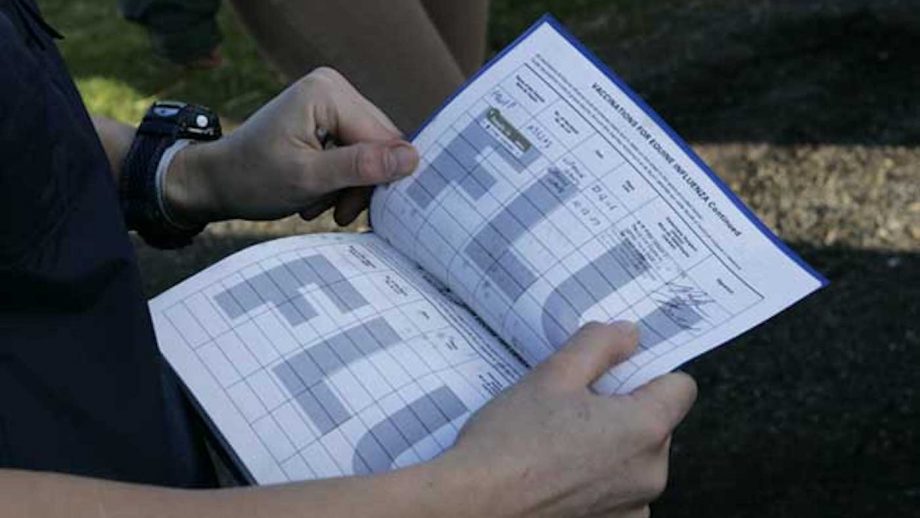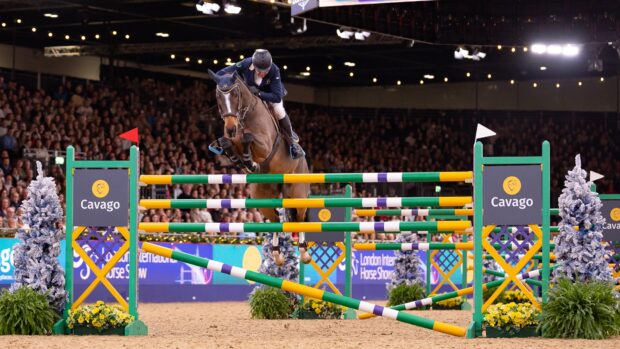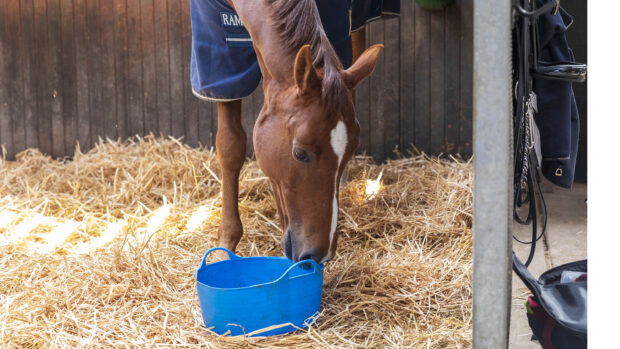The Animal Health Trust (AHT) has warned it believes equine flu outbreaks are “gathering pace” as the number of cases tops 130 in 2019.
The trust told H&H it has seen more outbreaks in the second quarter of 2019 than the first and is urging owners not to drop their guard.
“Equine influenza [EI] has definitely not gone away,” an AHT spokesman told H&H.
“We strongly believe it is gathering pace; with the recent resurgence in activity undoubtedly related to the increased movement and mixing of horses and ponies attending events at this time of year.
“We urge all horse owners to remain extremely vigilant and recommend vaccination of entire premises and quarantining of new or returning animals to help limit the spread of the disease.
“On premises where EI is confirmed we urge horse and yard owners to implement voluntary movement restrictions and not send animals to events, even if they appear outwardly healthy.”
AHT records as of today (24 June) show 33 outbreaks for the month across England, Wales and Scotland. To put this into context, February — the month with the highest number of recorded outbreaks — had 35.
Article continues below…
You might also be interested in:

Subscribe to Horse & Hound magazine today – and enjoy unlimited website access all year round

Equine flu: what all owners need to know to protect their horses

Insurance warning: unvaccinated horses risk invalidating cover for flu claims
An insurance broker has urged owners to check their horses’ vaccinations are up to date
The majority of cases have been in unvaccinated horses and the British Equestrian Federation (BEF) is also calling on owners to “maintain their vigilance” and ensure vaccinations are up to date.
“It is thought that the higher number of positive diagnoses is due to the increased movement and mixing of horses that typically occurs during this time of year, with these horses then returning to their home yards and mixing with unvaccinated individuals,” said a BEF spokesman.
“We strongly recommend that if it has been longer than six months since the last vaccination, owners should discuss a booster with their veterinary surgeon.
“It is also vital that unvaccinated horses do not mix with other equines due to the increased risk of such an infectious disease spreading. In addition, the Animal Health Trust has suggested that new or returning horses are quarantined to try to limit the spread of the disease.”
For all the latest news analysis, competition reports, interviews, features and much more, don’t miss Horse & Hound magazine, on sale every Thursday




